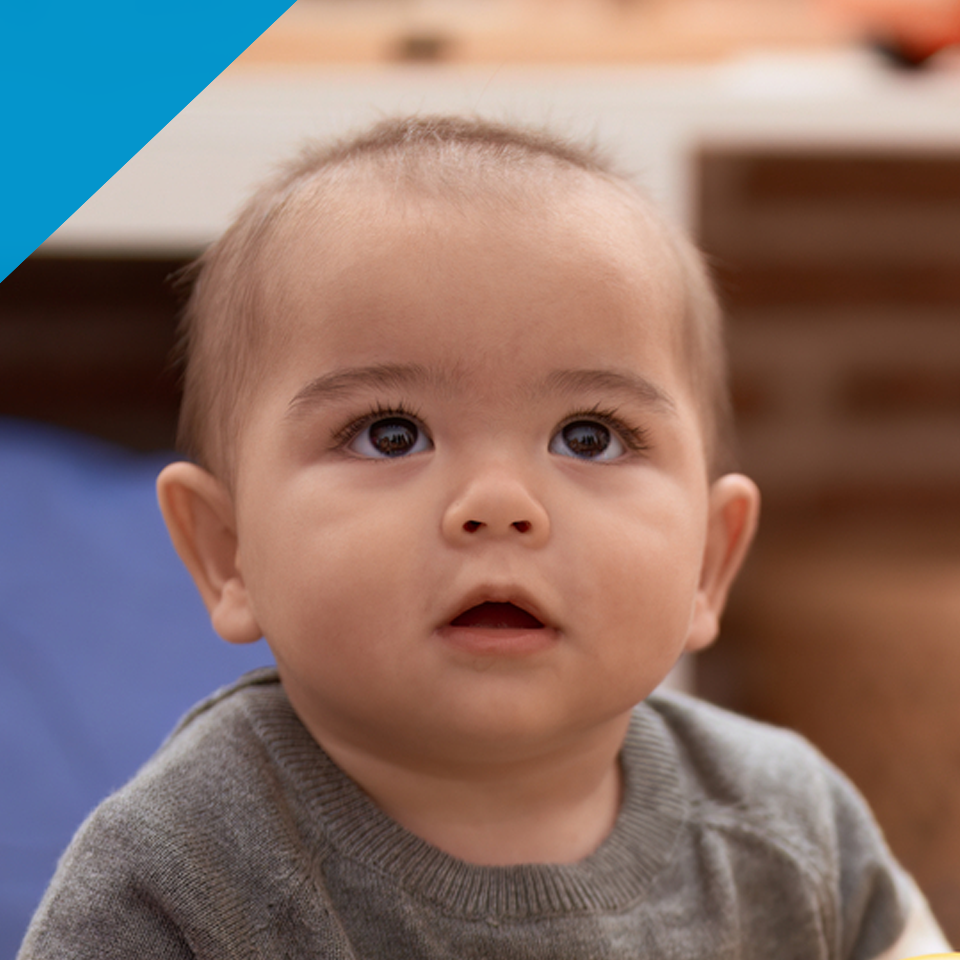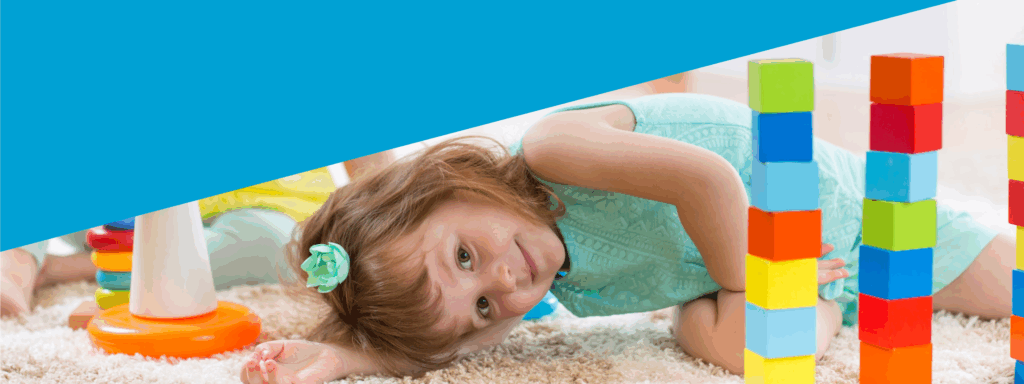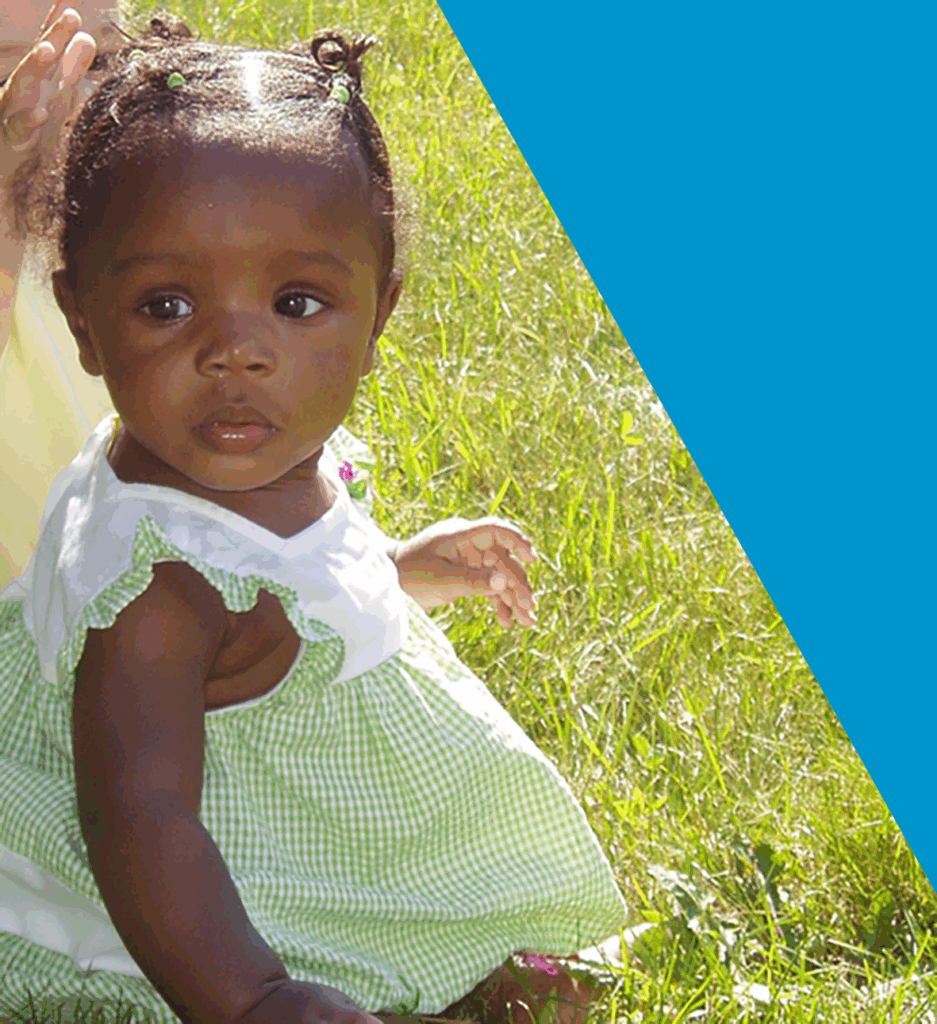
Self-gratification behaviour can look different from one child to the next. Often, they repeatedly outstretch their legs, and they might stare or appear vacant. Sometimes they can move and shake their limbs for several minutes at a time. They may sweat, have facial flushing or grunt.
Your child may not respond immediately when called or may become upset when interrupted.
Sometimes they may adopt an odd posture orposition or perhaps have rocking movements. Often the episodes occur in the same places, for example in a high chair, baby walker, car seat or when they are lying on their tummy.
Self-gratification behaviour is very common and is thought to happen in 9 out of 10 boys and 5 out of 10 girls at some point during childhood. It is more common in children with autism or a learning disability.

Self-gratification behaviour is often discovered by chance and then becomes a habit as it ‘feels nice’.
It can also happen because a child is bored, or they might use it as a self-soothing response.
Young children do not have the social understanding that this is not an appropriate behaviour in public.
Your doctor may make this diagnosis after taking a history for the episodes, examining your child and reviewing video recordings. This can avoid unnecessary medical investigations.

It is important to understand that self-gratification is a normal behaviour that children will often outgrow.
Try to avoid situations which may trigger your child’s episodes such as boredom. When the behaviour is taking place, try and distract them with other activities such as music, games and toys.
Telling your child off should be avoided as it can reinforce the behaviour and lead to low self-esteem. Try and speak to them in a calm manner.
Our contact number is: 01274 365887
You can contact us using the Relay UK app. Textphone users will need to dial 18001 ahead of the number to be contacted.